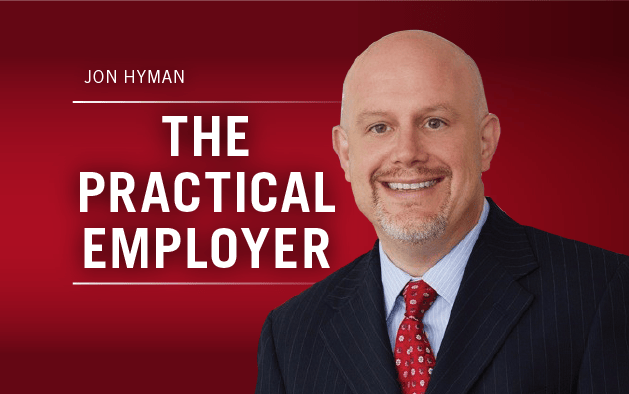Does a medical leave of absence grant an employee a free pass for pre-leave misconduct discovered during the LOA?
This question is squarely at the center of the court’s decision in Williams v. Graphic Packaging International (6th Cir. 10/31/19) [pdf]
James “Randy” Williams worked as a department manager for Graphic Packaging. In late 2014 or early 2015, Williams told his supervisor, plant manager Eddie Lee, that he had been re-diagnosed with prostate cancer. In September 2015, Williams requested time off for treatment, which the company granted from Sept. 14 through Nov. 23, 2015. During that leave, however, several of Williams’ subordinates lodged complaints against him of inappropriate treatment. The company investigated, and concluded that “Williams had been using manipulative and coercive tactics to control his employees and prevent them from communicating with upper management.” As as a result, shortly after Williams returned to work, the company fired him.
The evidence demonstrates that Graphic Packaging terminated Williams’s employment after receiving complaints from an employee, which were later corroborated by interviews with fellow employees, an internal investigation, and depositions from Graphic Packaging upper management, Human Resources employees, and employees who reported to Williams. The record reflects that Williams violated Graphic Packaging’s Core Values by mistreating employees both publicly and privately, limiting access to upper management, and propagating troubling and salacious rumors concerning upper management. Williams has even admitted that he committed at least some of the acts which so clearly violated Graphic Packaging’s Core Values.
No employee gets a free pass on workplace misconduct just because he or she suffers the misfortune of having cancer (or any other disability). The company concluded that the allegations against Williams (which its internal investigation corroborated, and many of which Williams himself admitted) merited termination. Those allegations included Williams telling his subordinates that he “owned” them; spreading an unsubstantiated rumor that Lee had molested his own daughter; cheating on a mandatory safety exam; and forbidding his subordinates from speaking to plant management.
Cancer and other ADA-protected disabilities are not “get out of jail free” cards for workplace misconduct. Do your due diligence, and treat the employee the same as you would have treated him or her if the disability didn’t exist. If the misconduct warrants termination, so be it. Terminate, and defend your legitimate, non-discriminatory decision. Otherwise, you risk setting a precedent that the misconduct is OK, which will make it that much more difficult to hold others accountable for that same misconduct in the future.






